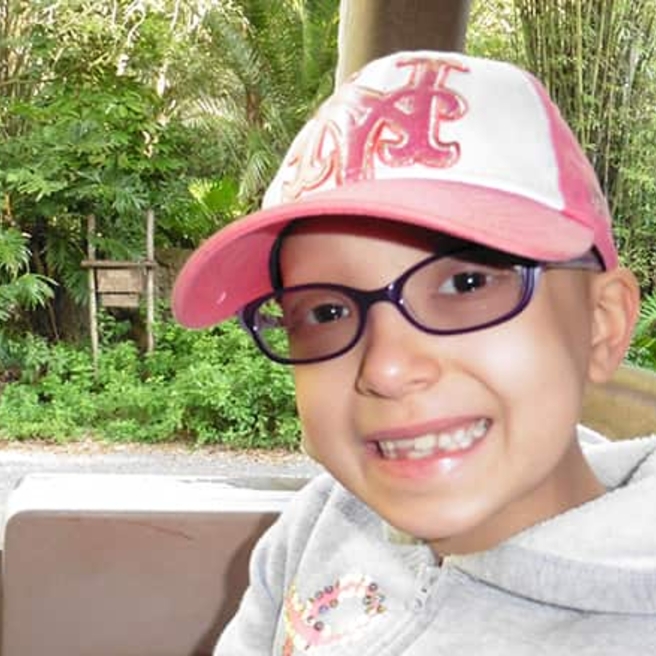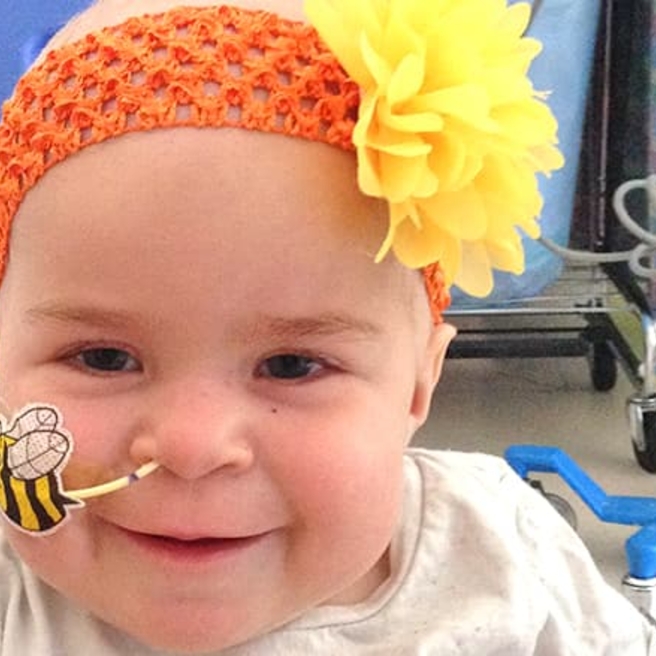Endocrine Late Effects after Cancer Therapy (ELECT) Program

Over half the children who get cancer treatments develop endocrine problems. The endocrine system is made up of glands that make hormones. Your body uses hormones to control growth, development, moods and more.
Endocrine problems caused by cancer therapy can happen at any time, from right after receiving treatment to many years later. These can be problems with growth, puberty, thyroid gland, blood sugar levels or bone health.
The Endocrine Late Effects after Cancer Therapy (ELECT) Program is a team with a high level of expertise in endocrine disorders that your child has developed because of cancer therapy. Children who develop endocrine complications following cancer treatment are different from children with other endocrine problems. The treatment plan we develop will specifically address your child's condition.
How we serve you
We will give your child the very best care. To do this, our doctors, nurses and other experts who care for your child are grouped into specially trained treatment teams.

Meet your team
Everyone on your child’s team has the same goal: to give your child the best possible care. Our team members are experts in late-effect endocrine problems of cancer treatment.

Our research
Our research program strives to improve the health and well-being of individuals who were diagnosed with and have undergone cancer therapy.

Resources for professionals
Everything you need to support your patient’s health, created and updated by our CHOP community of experts.
Give to the Cancer Center
There are many ways to support the Cancer Center. A gift of any size can help us make life-changing breakthroughs and advance our work for children everywhere.


